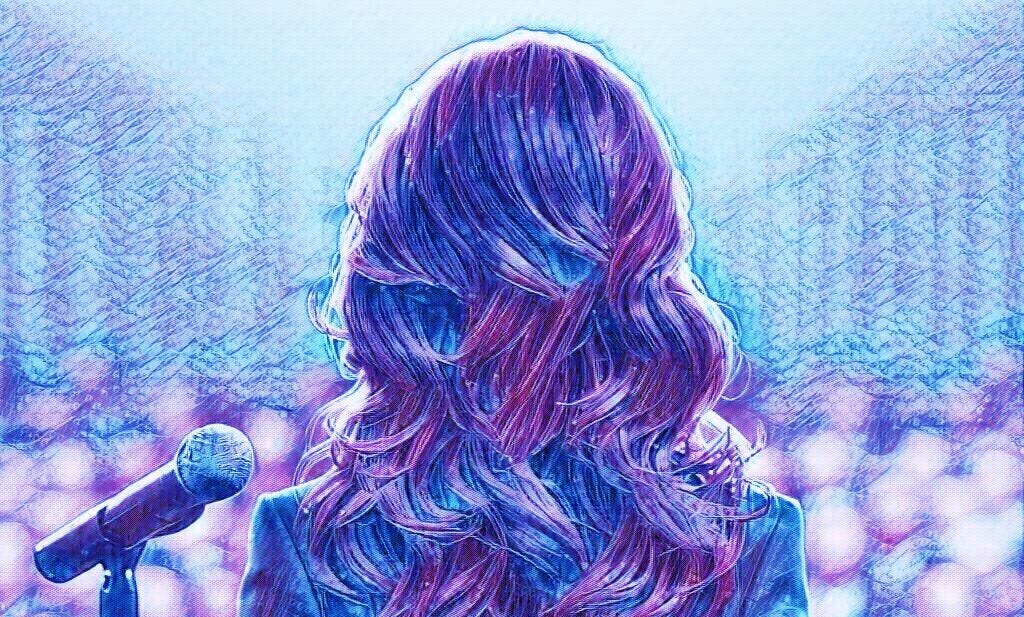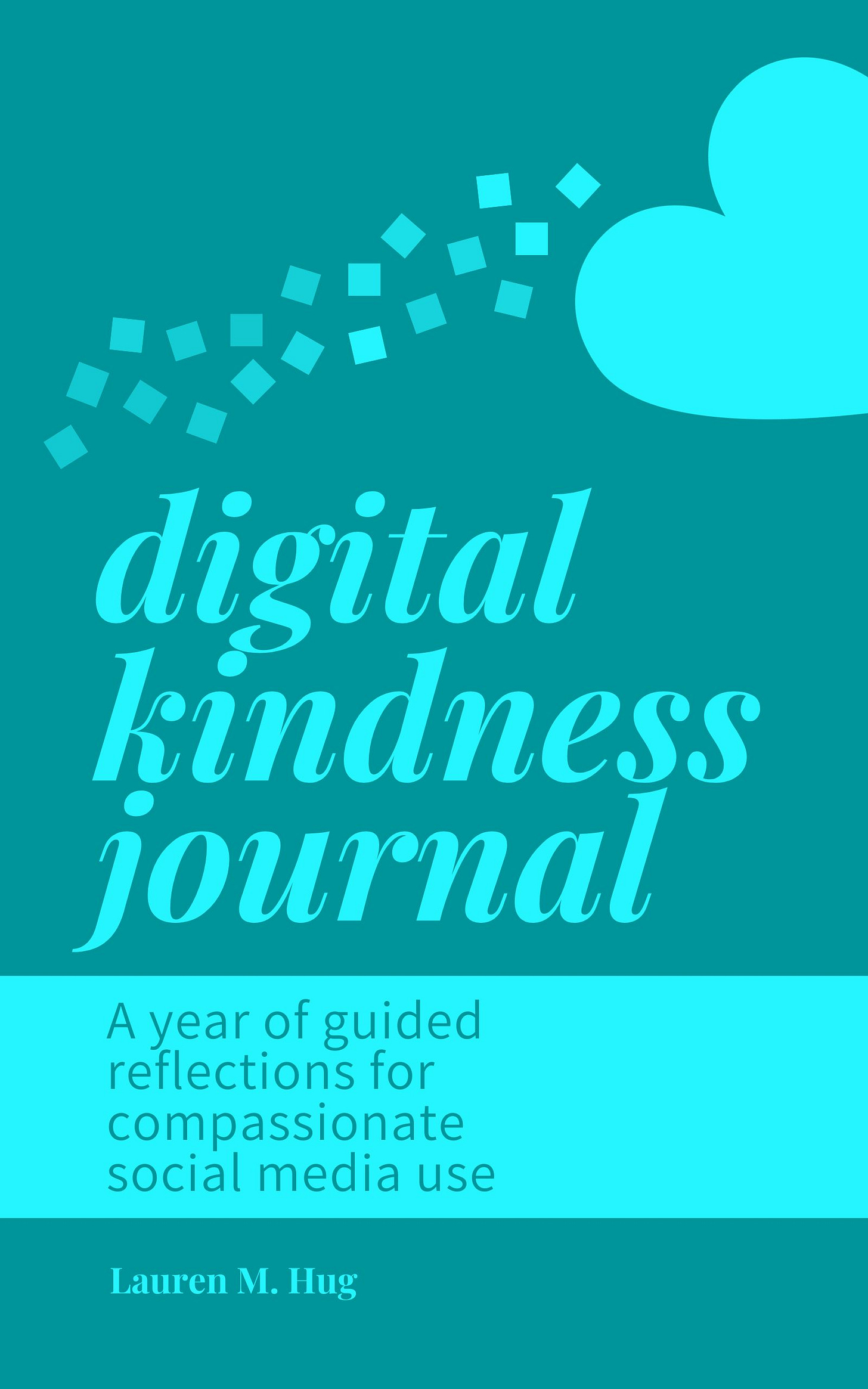Hi everyone! In honor of Women’s History Month and International Women’s Day on March 8, the following is Part 1 of a talk a I recently gave at an International Women’s Day event titled Women’s Voices in Digital Spaces: The Power to Make Meaning. Note: I believe societal fixation on a gender binary harms us all, especially humans who are gender non-conforming. At the same time, my lived experience is as a woman and my experiences and perceptions are tied to the ways the gender binary impacts me. Please know that it is not my intent to disparage or exclude anyone, and I’m open to learning about more inclusive ways of talking about gender.
I grew up in a sub-culture that believed in a God-ordained hierarchy placing men at the top with women subordinate to men. Men were the leaders over women, the protectors of women, the gatekeepers for women, and the deciders of all things related to women, even things with which they had no firsthand experience themselves.
I grew up in America in affluent neighborhoods with “good” schools. I’m the daughter of two college-educated parents, who defied the conventions of the sub-culture we lived in. I had a mom who worked because she wanted to, even though most women in our subculture didn’t. I had a dad who believed I could do almost anything. They encouraged reading, learning, and exploration of the humanities. And they both begged me to earn my own college degree before getting married at the age of 21.
Despite that, and even after earning two undergraduate degrees and two law degrees, I still found myself caught up in paternalism and purity culture and a faction that treated women as less than men. Imagine what girls and women around the world with far less access to education, economic opportunity, and supportive parents face.
To the best of my ability, I lived my life in accordance with the “right” answers — the safe ones, I thought, and the ones that imbued my life with meaning and purpose — until those answers no longer fit my experiences or my circumstances, no longer seemed “right,” and were no longer safe.
It was the birth of my own children — especially my daughter — and voices on social media that woke me up to gender inequity and the better world I wanted them to inherit.
I never took a women’s studies class. I still can’t eloquently discuss the various waves of feminism. I learned about gender disparity and patriarchy from other women online. And it changed almost everything about my life. I became passionate about embracing the power of digital spaces to share our experiences, our insights, and the world we want to see. Because it makes a difference for so many people.
That message runs counter to messages we’ve all been inundated with about the dangers of social media and the online world. I hope to convince you of YOUR power to make meaning through your digital activity. Meaning that nurtures equality.
While I’m a passionate digital defender, I’m not delusional. There is some scary stuff in digital spaces and we have to be aware of it to be effective advocates for equality.
It IS true that women and girls face danger and violence in digital spaces.
Online gender-based violence is a digital reflection of how dangerous the physical world is for women. Globally, nearly one in three women have experienced physical violence at least once in their life.
It’s an amplification of the gender inequality that exists in all aspects of society. Most of the world lives under stories and systems designed predominantly by men with very limited input from women. These stories and systems have long cast women as less important, less intelligent, less capable, less valuable. As Elizabeth Lesser says in Cassandra Speaks: When Women are the Storytellers, the Human Story Changes:
“It’s important to understand that the stories were not created to help women respect their bodies, intelligence, and legitimacy. They were not told to help women tap into their strength, or to use their voice to influence priorities at home and at work and in the world. Quite the opposite. They were told and are still told to bury the truth of our equality, values, and voice.”
We’re all inheritors of a world where a very narrow set of interests, abilities, and ways of thinking have been elevated over all other ways of knowing, being, and leading. The global dominance of this exceedingly narrow focus by a very small subset of people has been made possible only by those in power owning and exploiting other human beings — and preventing them from fully participating in co-creating society.
This narrative about digital spaces being dangerous for women isn’t new. Time and again throughout history women have been barred from accessing all sorts of spaces for “their own good,” for “their protection,” and because women’s contributions to various fields and discourse weren’t deemed necessary for a flourishing society. Rather than requiring men to modify their behavior to make spaces safe or to recognize women’s perspectives are essential, women have routinely been excluded. And, when reluctantly included, women are expected to modify their behavior to not upset men or do anything that might cause men to act dangerously or violently toward them. When a woman is hurt by a man, her actions are scrutinized to identify what she could have or should have done differently to avoid becoming a victim.
The reality that spaces are dangerous for women becomes the justification for keeping women out of those spaces. It’s a key reason women aren’t accessing eye-opening, economically empowering and narrative-changing digital technology around the globe. It even leads some parents and caregivers to restrict girls’ digital access while allowing boys and young men to engage online. We very rarely hear about the negative impacts of digital activity on young men or about how the misogyny they encounter online skews their perceptions of gender. Even when we do, the proposed solution isn’t to restrict their access from the educational and economic benefits of online interactions.
It’s not just externally imposed restrictions on women that foster digital inequality, however. A global study showed that because of online gender-based violence nearly 9 out of 10 women restrict their own online activity. Half believe the internet is not a safe place to share their thoughts, and 1 out of 3 women think twice before ever posting anything online. That means women’s voices and perspectives are underrepresented in important discussions and decisions happening in online spaces. That’s a problem for all of us, because we need different voices, telling different stories about what it means to be human to find ways forward together.
Digital equality is power. The power to learn, to earn, and to change the dominant narratives of our times.
Social media plays a huge role in what we perceive about the world and what we believe to be possible. Women’s externally forced and self-imposed exclusion from digital discourse means male-centric experiences, ideologies, and preferences continue to be the normative baseline for understanding our world.
So that’s where we’re at, but what can we do to change things? What can each of us do to nurture digital equality? We’ll explore solutions in the next two newsletters!
Digital Kindness Journal Prompt #7
List people you are connected with in digital spaces who have very different backgrounds or views than you.
Note how they differ from you.
Answer this prompt wherever you journal or the comments section to participate in a community discussion. If you’re interested in a dedicated journal for exploring your social media attitudes and behaviors, the Digital Kindness Journal: a year of guided reflections for compassionate social media use is available for purchase on Amazon.
MISCELLANEA

I have so much respect for women journalists like Taylor Bishop, the evening anchor for one of our local news stations and the emcee for the International Woman’s Day event I spoke at. They report and deliver news despite facing a tremendous amount of online vitriol. A UNESCO report found that 73 percent of women journalists experienced online violence in the course of their work, calling it “one of the most serious contemporary threats to press freedom internationally.”
My fellow speaker at the event, Dr. Janet Burge, Associate Professor of Computer Science at Colorado College, gave a fascinating presentation on women in the field of programming. I vaguely knew that the first programmers were women, but Dr. Burge’s talk demonstrated how the field was masculinized as programming became a higher-status, better paid position, and the ongoing impact of that masculinization in current and emerging technologies like AI.
Unrelated to the event, but related to the topic of connections that only happen because of social media, I had a lovely chat this week with Mark Fallows, host of The Impossible Network podcast (we were connected by Jon Alexander, author of CITIZENS: Why the Key to Fixing Everything Is All of Us), about serendipity, curiosity, humility, and creating the conditions for positive change. The podcast tells the stories of “curious-minded, purposeful people, driving positive change for social good” and “engineer[s] connections and random collisions that bring together curious and creative problem solvers … to form action engines and collaborate to solve some of our more pressing problems.” How cool is that?!? Give it a listen!







